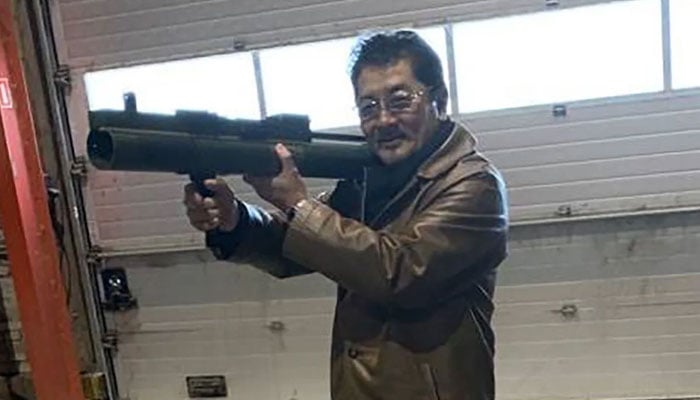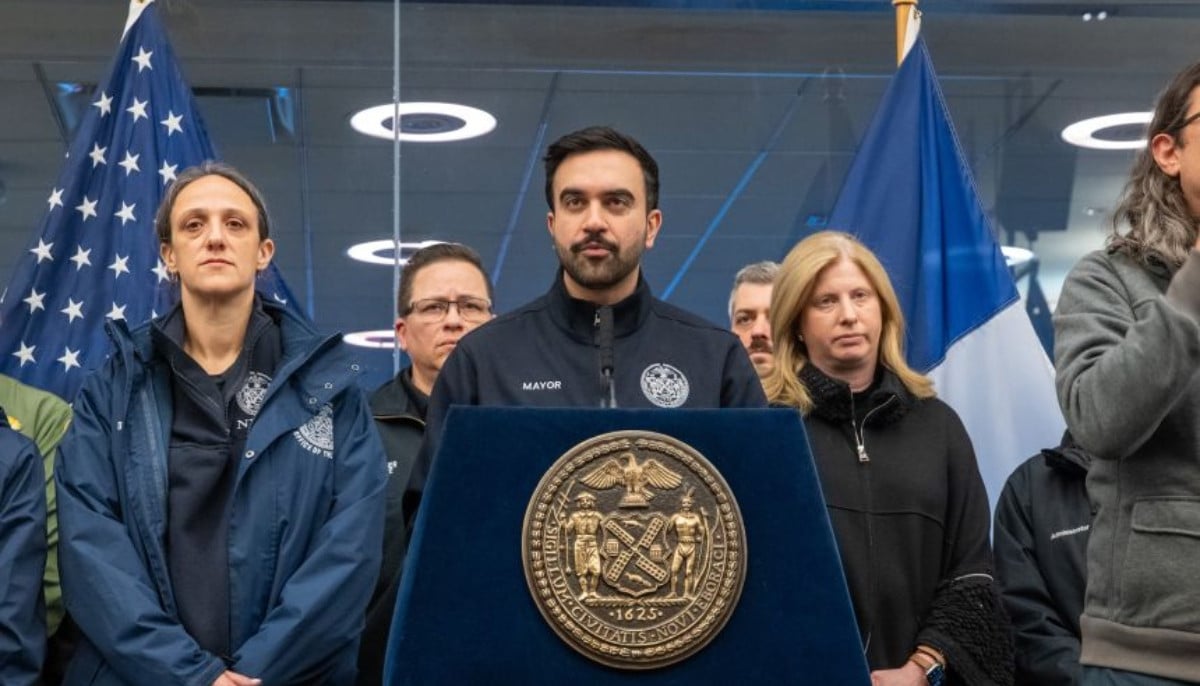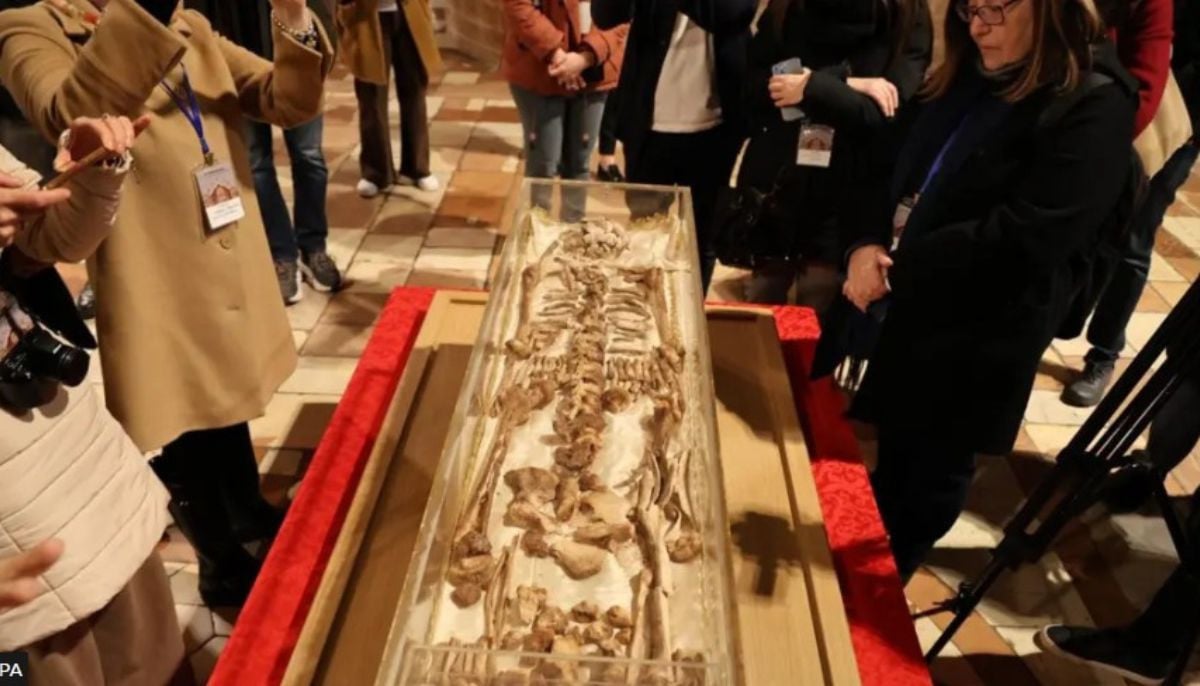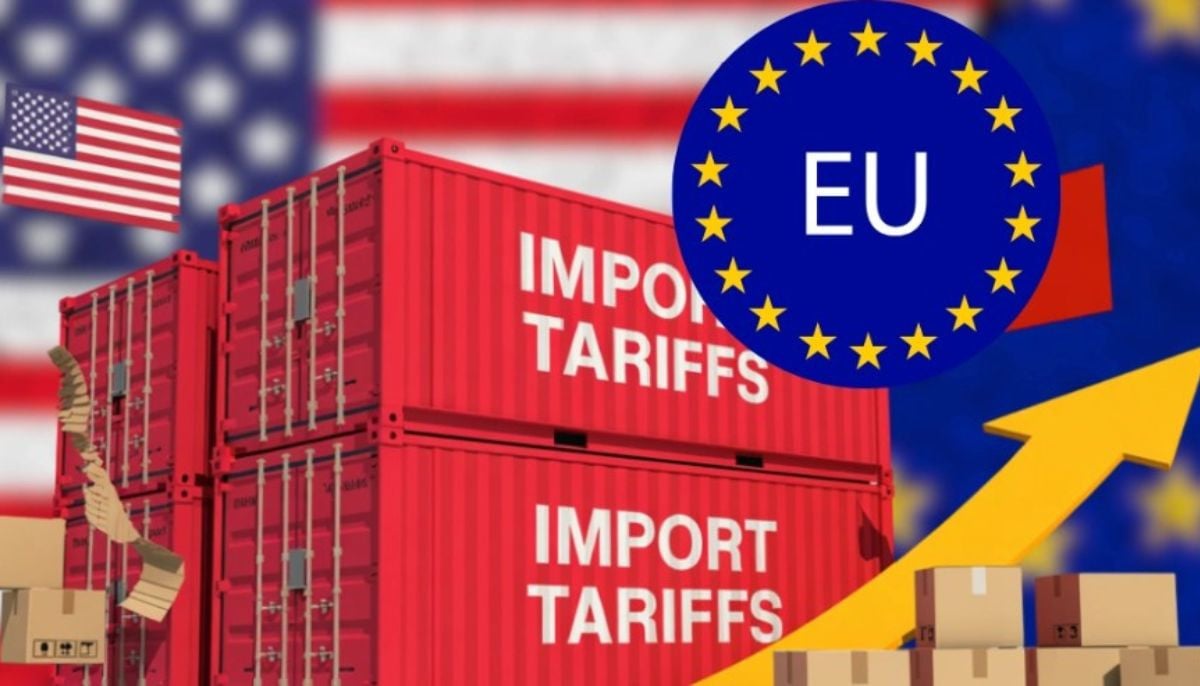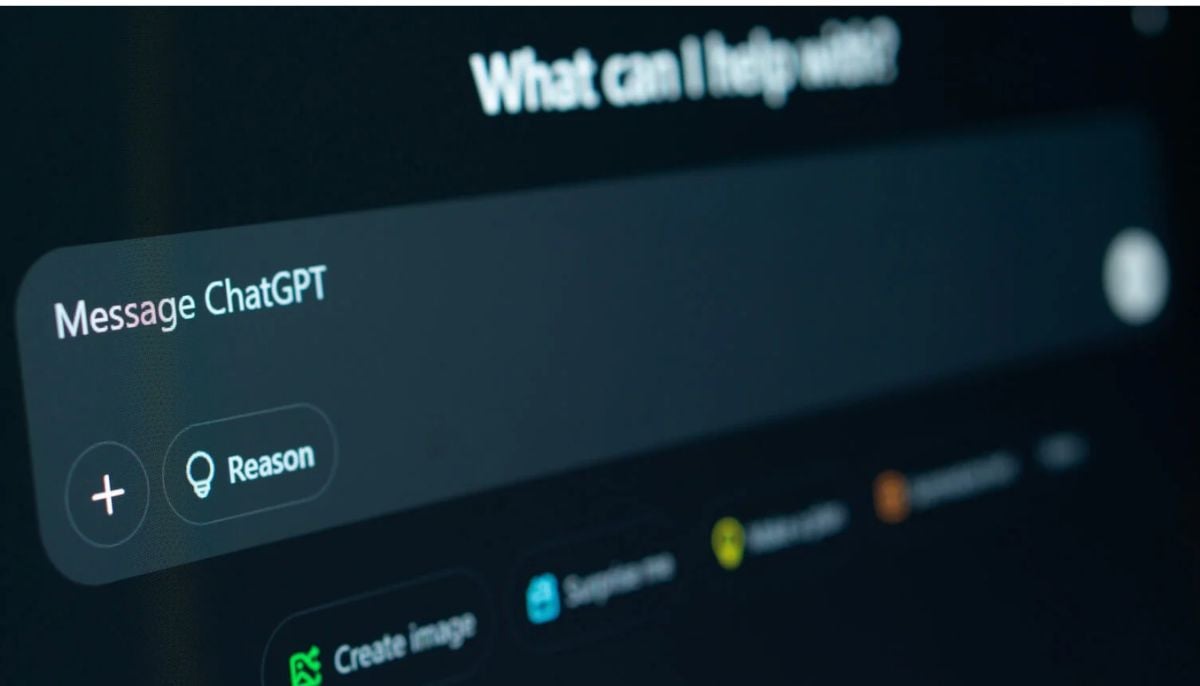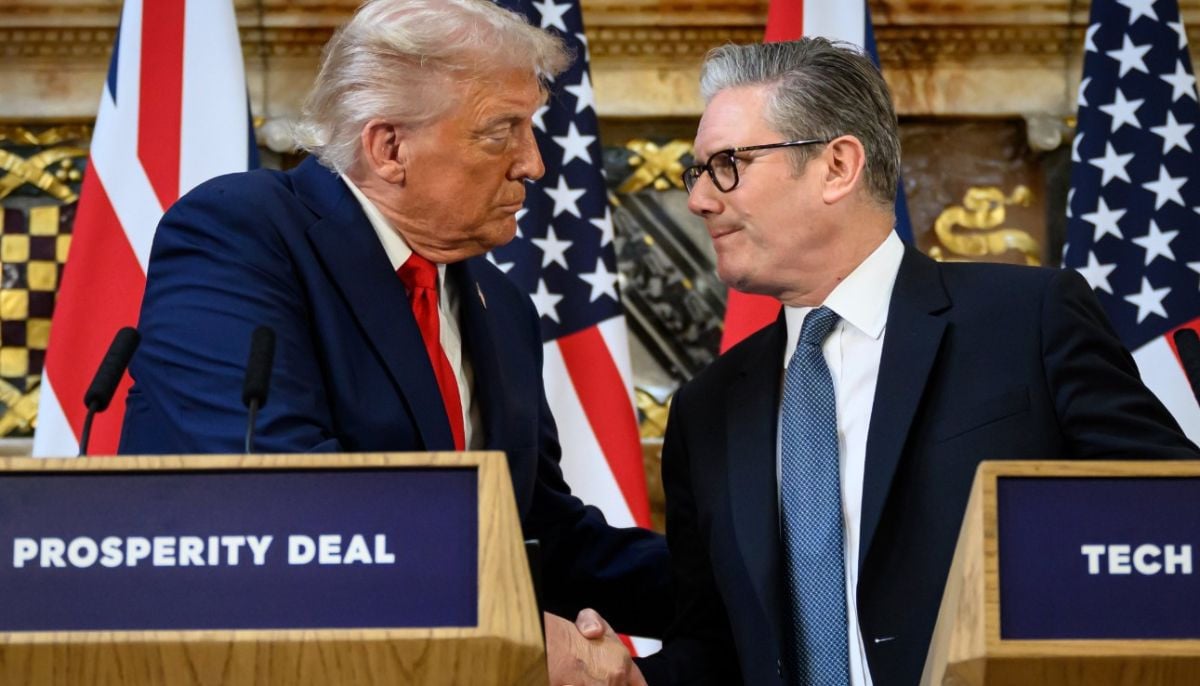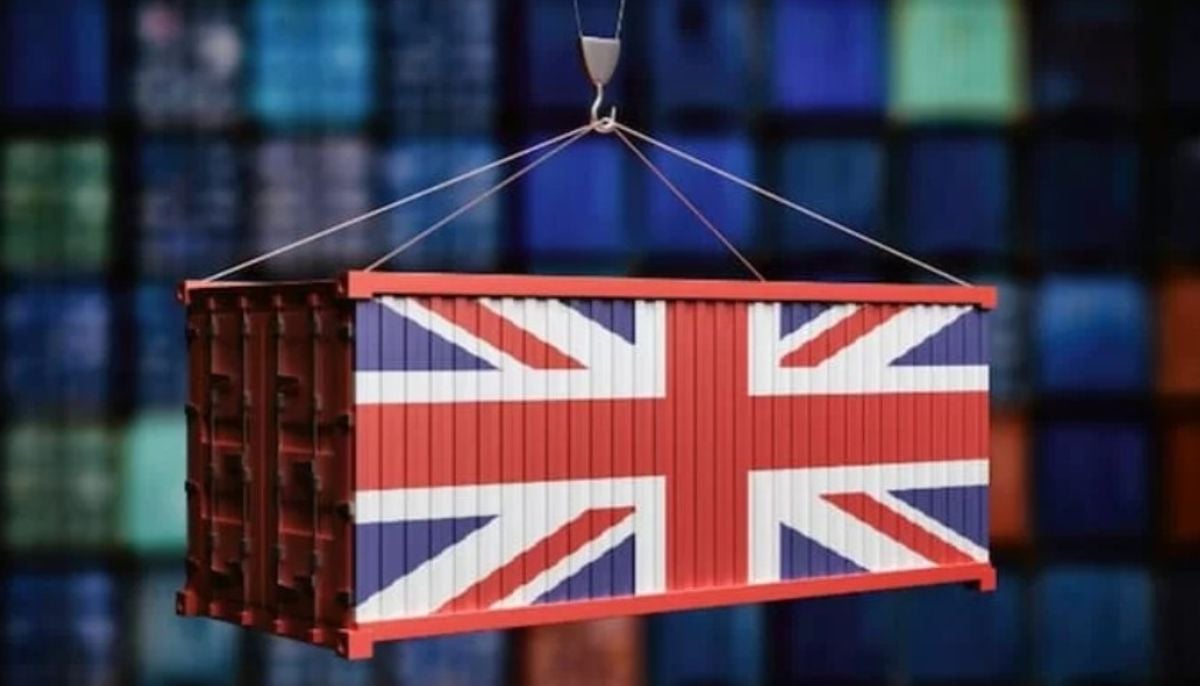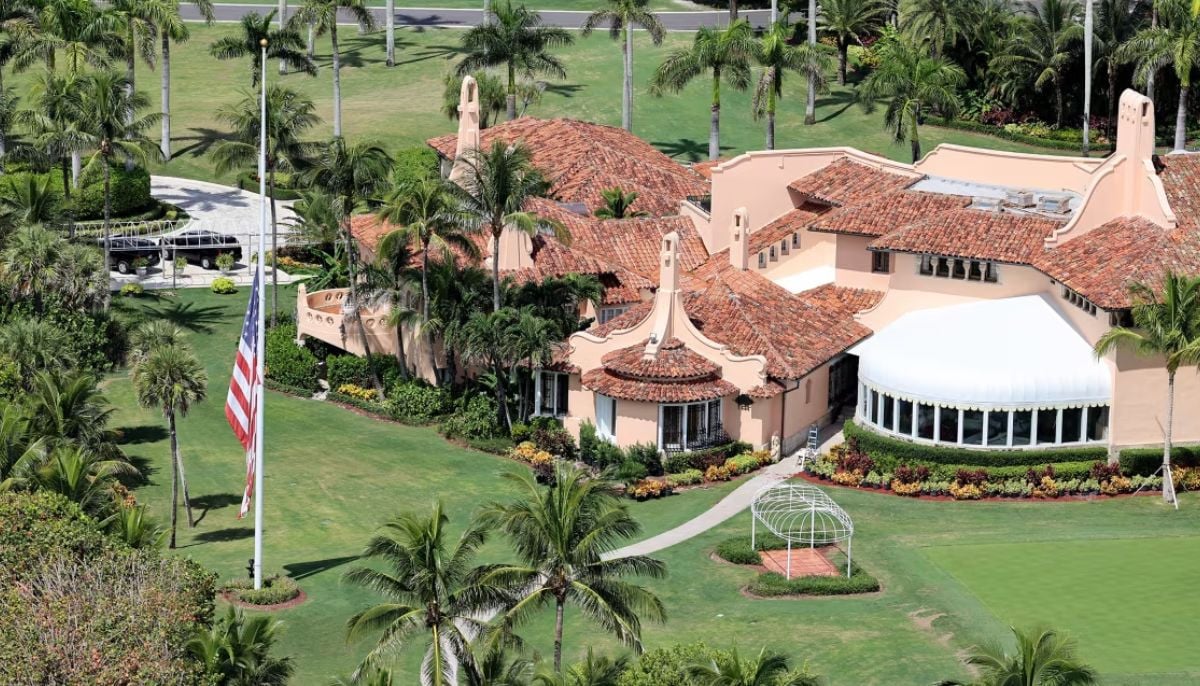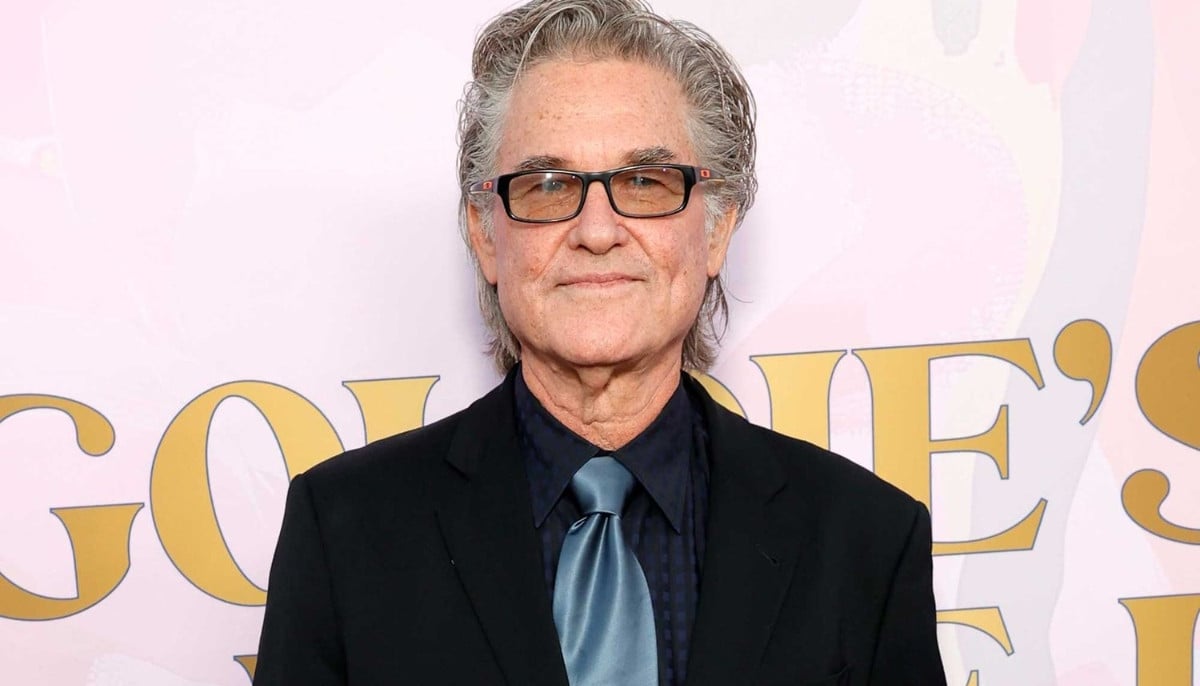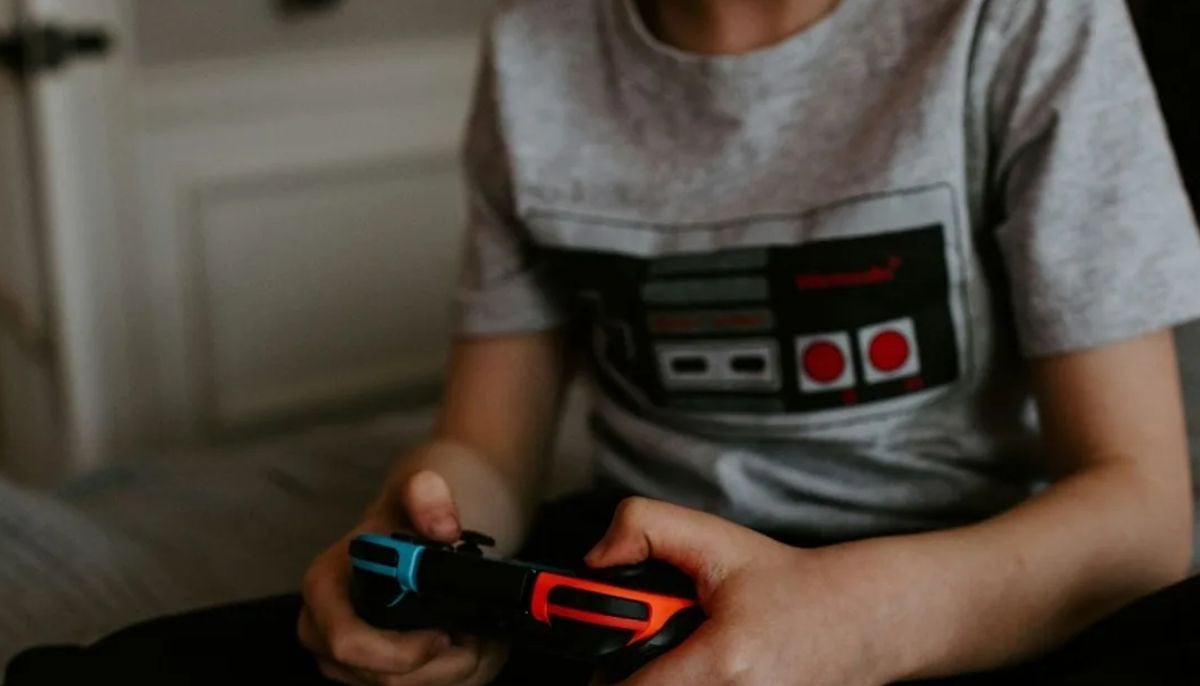How US caught Japanese yakuza leader charged with attempting to sell nuclear materials
Japanese crime boss Takeshi Ebisawa was arrested in 2022 for drug and weapons trafficking conspiracies
Takeshi Ebisawa, a Japanese yakuza leader, has been charged with attempting to sell weapons-grade nuclear materials to an ethnic insurgent group in Myanmar after he was arrested in 2022 for drug and weapons trafficking conspiracies, CNN reported.
A yakuza is a member of an organised crime syndicate rooted in Japan.
The United States Justice Department has indicted Ebisawa on multiple counts, including attempting to sell nuclear materials to a fictitious "Iranian general" in exchange for a significant weapons cache.
According to the new indictment, Ebisawa in 2020 told a confidential source for the Drug Enforcement Administration and an undercover DEA agent that he had access to nuclear materials he wanted to sell, asking if they had a buyer for uranium.
Ebisawa sent pictures "depicting rocky substances with Geiger counters measuring radiation," according to the indictment, as well as pages of what Ebisawa said were lab analyses "indicating the presence of the radioactive elements thorium and uranium."
How did US arrest Japanese crime boss?
The undercover DEA agent allegedly posed to assist Ebisawa in selling material to another confidential source posing as an Iranian general who needed "it for nuclear weapons."
According to the indictment, Ebisawa in 2021 allegedly told the undercover agent that an unnamed leader of an insurgent group in Myanmar could sell nuclear material, including uranium, to the Iranian general through the Japanese yakuza leader to fund a large weapons purchase.
Brokers for the insurgent group's leader claimed the leader had thousands of kilograms of nuclear material and "could produce as much as five tons of nuclear materials" in his controlled territory.
During the call, the DEA undercover agent asked about exchanging uranium for weapons from Iran, which the brokers and the leader agreed with.
In 2022, Thai law enforcement seized nuclear samples previously shown to the agent by the brokers and transferred them to US authorities.
The samples, analysed by a nuclear forensic lab, revealed uranium, thorium, and plutonium, with the plutonium being weapons-grade.
"If produced in sufficient quantities," the indictment said of the plutonium found in the samples, "[it] would be suitable for use in a nuclear weapon."
-
Woman allegedly used ChatGPT to plan murders of two men, police say
-
UK seeks ‘best possible deal’ with US as tariff threat looms
-
Sterling K. Brown's wife Ryan Michelle Bathe reveals initial hesitation before taking on new role
-
Rising energy costs put UK manufacturing competitiveness at risk, industry groups warn
-
Liza Minnelli recalls rare backstage memory with mum Judy Garland in new memoir
-
Armed intruder shot dead at Trump's Mar-a-Lago residence: US Secret Service
-
Kurt Russell spills the beans on his plans for milestone birthday this year: 'Looking forward to it'
-
11-year-old allegedly kills father over confiscated Nintendo Switch
